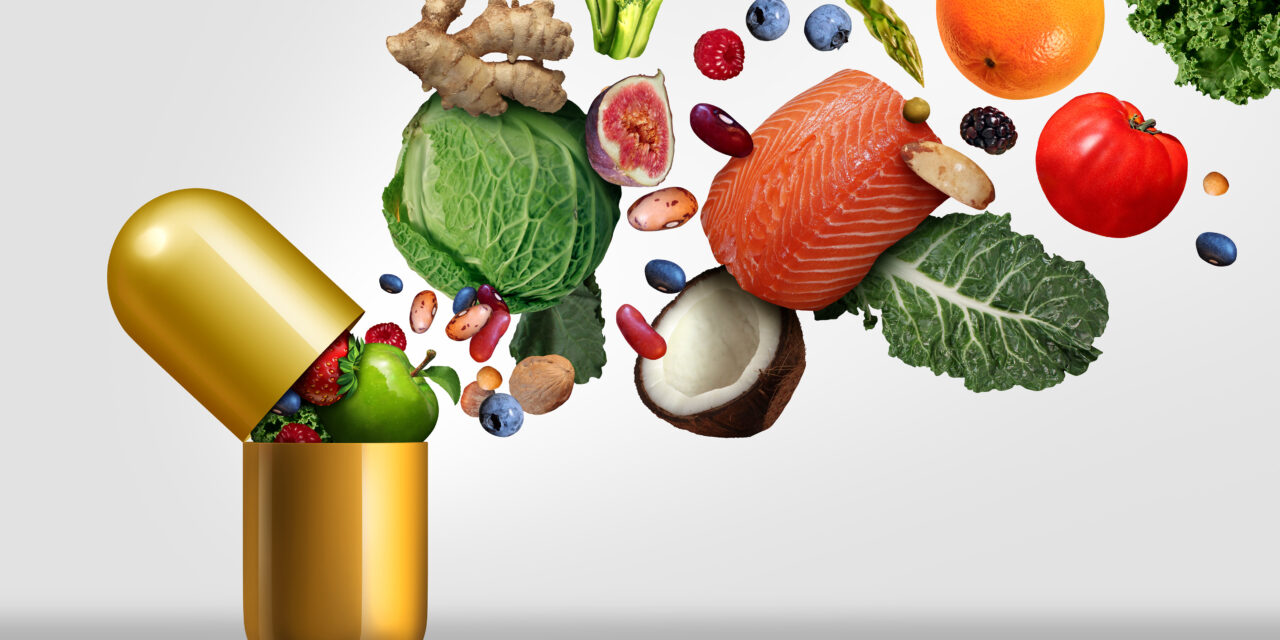by Elizabeth Machnica, MPH, MS, RD
Of the many things we’ve learned through the pandemic, is that our health is wealth. A sick workforce doesn’t fare well for our productivity, well-being, or economic success. In the Western New York Region, as we’ve seen throughout the pandemic, individuals with the greatest COVID complications and death were those with chronic illnesses like heart disease, high blood pressure, diabetes, and obesity.
Diet-related chronic diseases are the primary cause of death in Western New York – our chicken wing reputation comes at a cost. But as much as food is the culprit, it is also the cure, and holds great power to heal. Yet, ironically, food is not widely used as a primary treatment for illness.
While healthcare is viewed as a system meant for healing, hospitals are one of the most stressful environments. Healthcare workers face long hours, understaffed teams, contagious infections, and lack access to wellness amenities, such as healthy food or fitness centers. This shows up in data, where the rate of obesity among healthcare workers is about 80 percent versus the general U.S. adult population, which is 40 percent. For burnout and depressive disorders, rates among healthcare workers are double that of the general population. Despite dedicating their livelihood to caring for others, healthcare workers are often not caring for themselves. Just as we are instructed on an airplane to place our own oxygen mask on before helping others, if our clinicians who deliver care aren’t healthy, how can they care for us?
BNMC sees this as an opportunity to create a meaningful impact on the health of our region. This year BNMC is launching a Food as Medicine program in partnership with medical campus institutions and community partners. Funded by Highmark BlueCross BlueShield, BNMC is working with physicians to recruit healthcare workers and surrounding neighborhood residents who have pre-conditions and are highly stressed to receive a lifestyle intervention program. This means participants will receive free medically tailored meals through Osteria 166, nutrition education through Urban Fruits & Veggies, mindfulness and meditation workshops through the Mindful Institute, and support from a health coach on their smartphones. They will learn to cook heart healthy meals, read a nutrition label, how to eat more fruits and vegetables, and follow a balanced diet (and make it taste good). Meals will be delivered via bike by Queen City Couriers.
We aim to demonstrate how food can heal, reduce healthcare utilization, and improve quality of life. By providing the social-emotional support people require to make meaningful lifestyle changes, we hope to provide a type of health transformation that is sustainable. For those interested in learning more, BNMC is hosting its free Annual Food as Medicine Symposium in October 2022. “The beauty of ‘Food as Medicine’ is that the choice to heal and promote health can begin as soon as the next meal.”
Beth Machnica, MPH, MS, RD is Director of Community Well-Being at BNMC. Visit www.bnmc.org for more information and upcoming events. Also, see Beth’s recipe for Happy Shepherd’s Pie on page 43.












